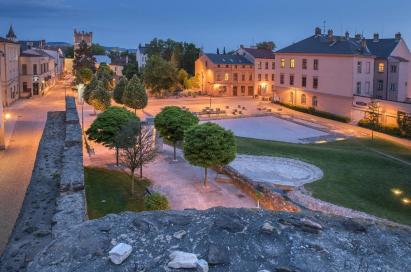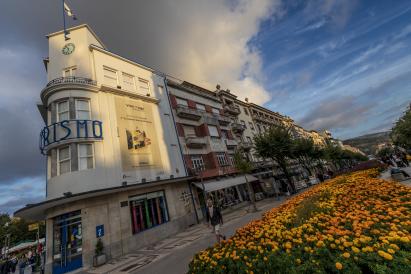Networks and cities' news
Catch up on the latest updates from cities working together in URBACT Networks. The articles and news that are showcased below are published directly by URBACT’s beneficiaries and do not necessarily reflect the programme’s position.
Want to learn more about the projects that are featured here? Discover the URBACT Networks.









